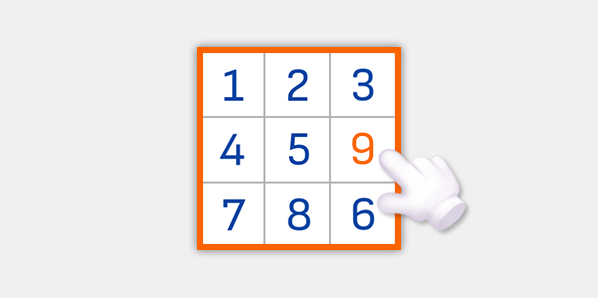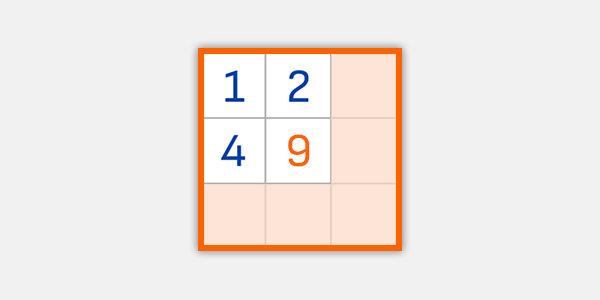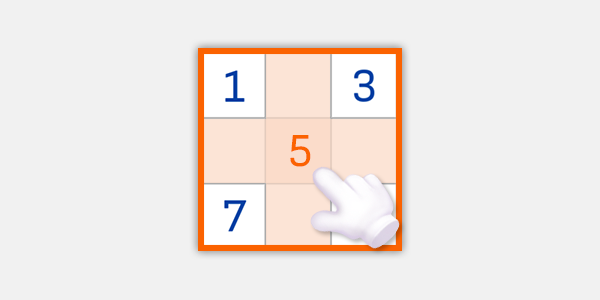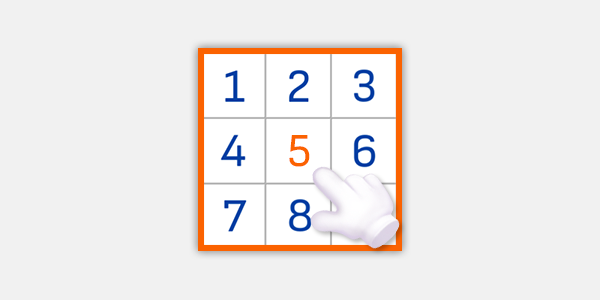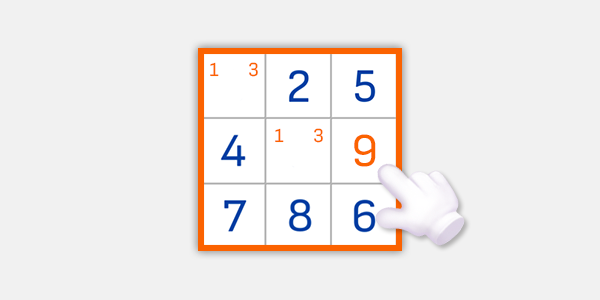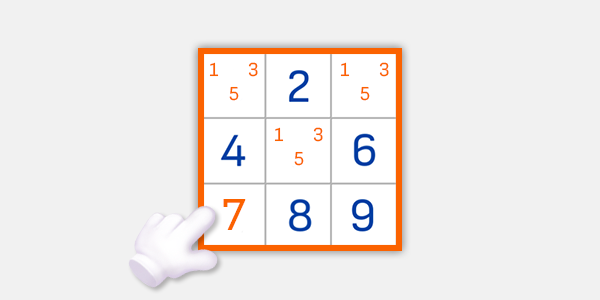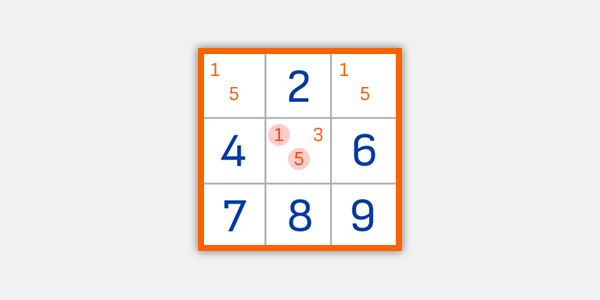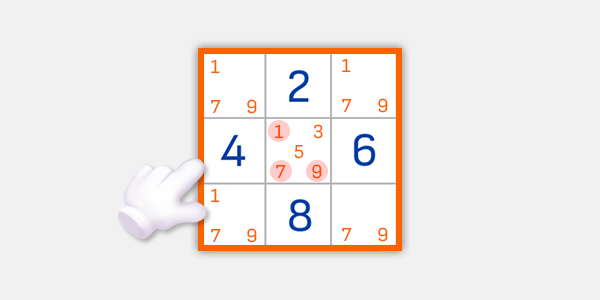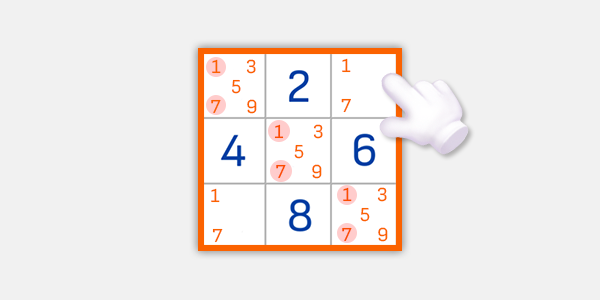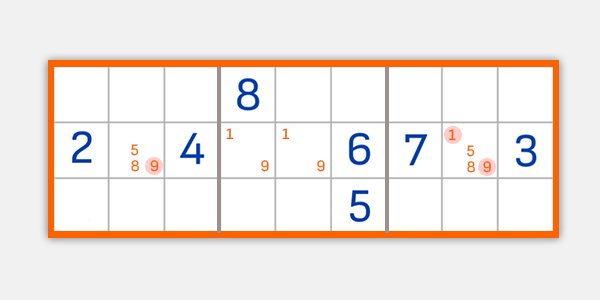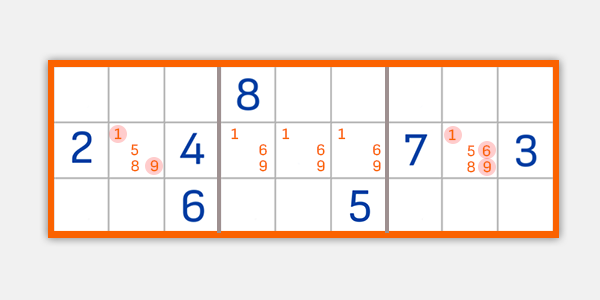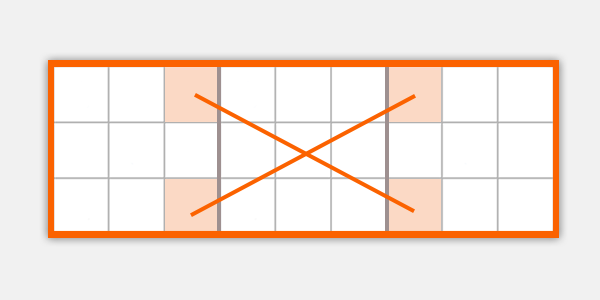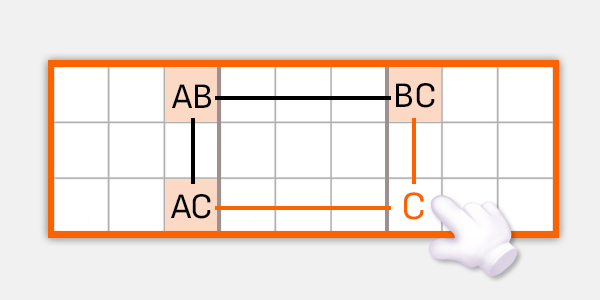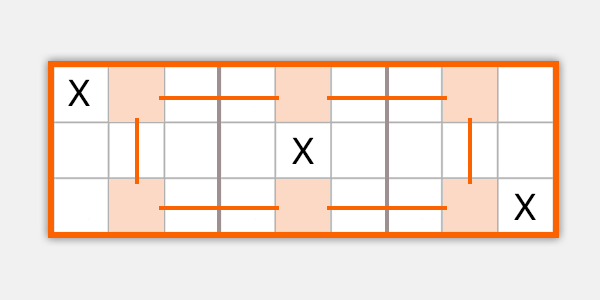Sudoku is a Japanese puzzle where you have to write numbers according to a certain algorithm (so that they don't repeat vertically, horizontally, or diagonally). In a simple Sudoku, you have to fill in the missing numbers in 3x3 cells. Complex Sudokus can have more than three rows and columns, with as many as 6x6, 9x9, or more cells.
In the classic version of Sudoku, you have nine blocks of three by three, and you have to enter the numbers from one to nine. The basic rules are as follows:
- Vertical numbers cannot be repeated;
- Horizontal numbers cannot be duplicated;
- A number can only occur once in a 3x3 square.


The rules of classical Sudoku mean that some of the numbers are already fixed at the beginning. This makes it easier to analyse the grid and work out what values are missing. The number of empty cells and numbers depends on how challenging you want the puzzle to be. The more challenging the level, the fewer cells are filled in (so you'll need to use specific techniques to fill the whole grid quickly and accurately).
Once you've entered all the numbers into the field, you're all set. You can move on to the next one.
Sudoku tips and strategies
There are a few different ways to solve Sudoku quickly and without making any corrections! These techniques are useful for both beginners and experienced players.
If you want to learn how to tackle more challenging levels, we really recommend that you study these techniques and start using them when you're solving Sudoku.
